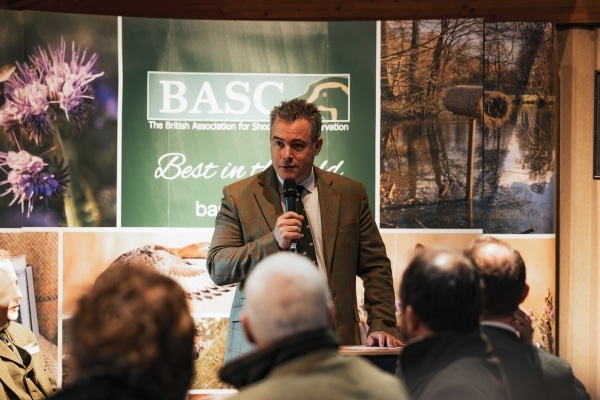
Leaving the ultimate legacy
“What sets us apart is that we’re not just spectators” – BASC chairman Eoghan Cameron shares his thoughts on the vital role of shooting’s people in managing the British countryside.
Get information on the legal shooting season for mammals and birds in the UK.
Apply for funding for your project or make a donation today
Comprehensive information and advice from our specialist firearms team.
Everything you need to know about shotgun, rifle and airgun ammunition.
Find our up-to-date information, advice and links to government resources.
Everything you need to know on firearms law and licensing.
All the latest news and advice on general licences and how they affect you.
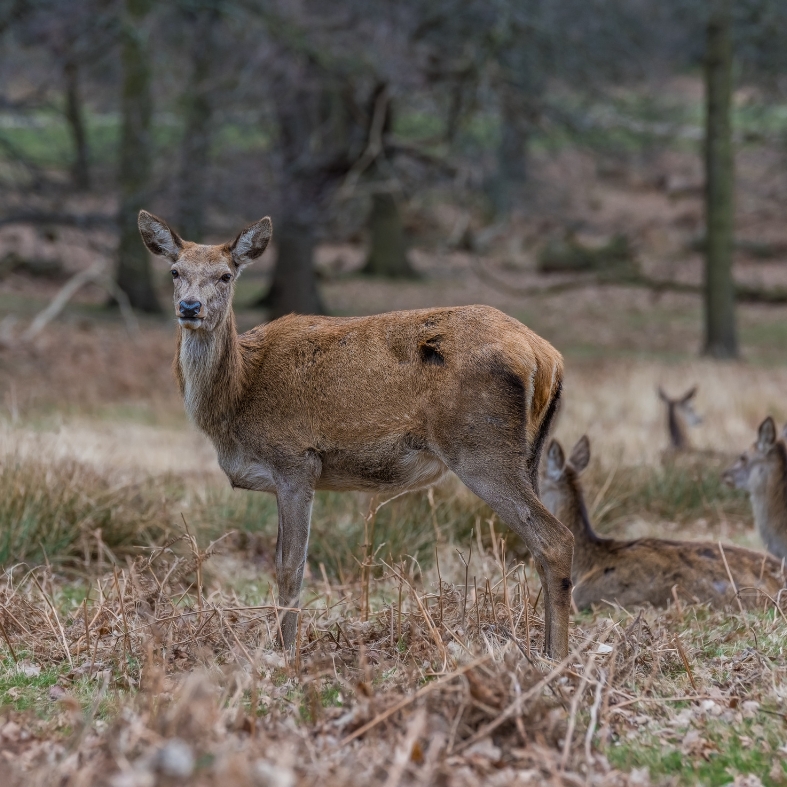

Lorem ipsum dolor sit amet, consectetur adipiscing elit. Ut elit tellus, luctus nec ullamcorper mattis, pulvinar dapibus leo.
Why are the newly revamped best practice guides essential reading for all deer stalkers and managers? James Sutcliffe explains.
The term ‘best practice’ is used a lot in the world of shooting. But what does it mean, and how many of us understand and follow it? To put it in very general terms, it is the absolute gold standard example of how to do things, taking multiple factors into account.
When it comes to the deer management sector, a whole series of best practice guides are available, covering all aspects from species ecology to firearms, legislation, management plans, food hygiene and much more that I haven’t got room to list here.
In England and Wales these guides were published by the Deer Initiative, an organisation that has now disbanded, but one that did some really great work in the world of deer. In Scotland, best practice guides are published by NatureScot.
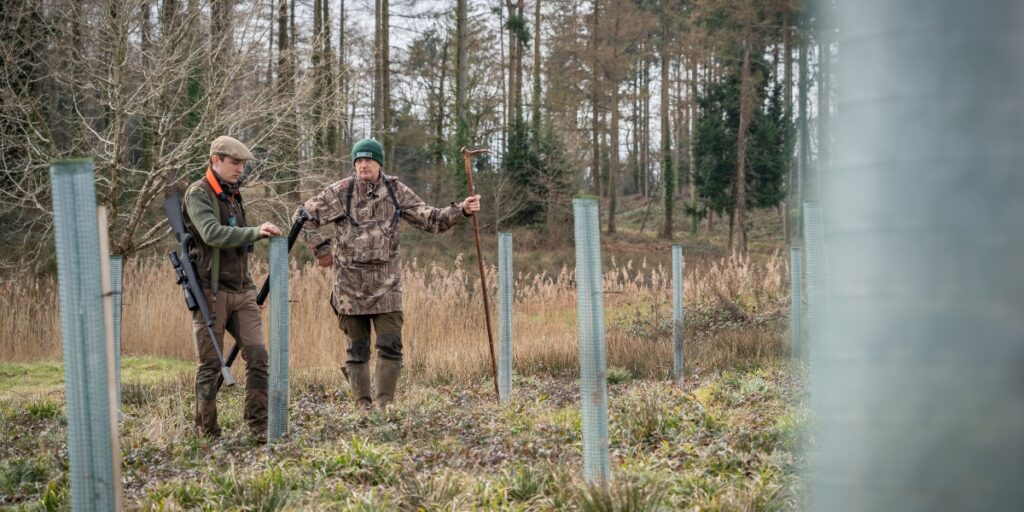
Last year, the decision was made to revamp and edit these guides to keep them fresh and relevant in today’s ever-changing world.
In England and Wales, the job fell to the Deer Initiative Partnership (DIP). Despite the slightly confusing name, this partnership is not the same as the defunct Deer Initiative. It is a group of industry leading organisations all with vested interests in the world of deer management.
There are currently 26 members of the partnership, each able to bring something slightly different to the table. The main shooting organisations, including BASC and the National Gamekeepers’ Organisation, are part of it.
There are also those with a focus on deer welfare, such as the British Deer Society and the RSPCA. Several government and statutory bodies, including the Forestry Commission (FC), Natural Resources Wales and the Woodland Trust, are also members.
The list is truly diverse and shows a great example of collaboration between the shooting sector and others that often share different opinions, with the outcome being a set of guidance principles that is approved and workable from all angles.
The update of the guidance also highlights another great point. It is clear that deer management is understood and respected, but also actively supported by, various governments in the UK. Not only does the FC sit on the partnership, but it also provides funding for editing and website updates.
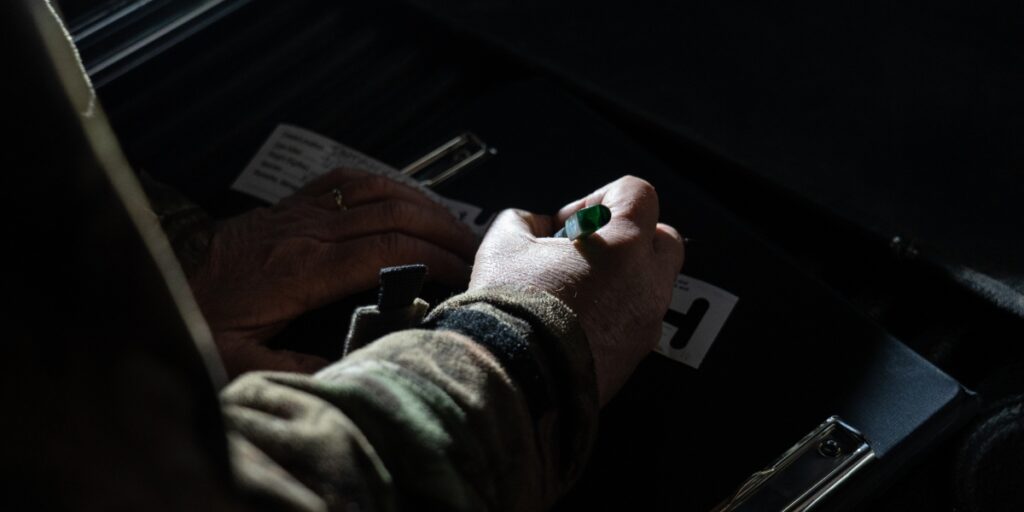
So that’s a bit of a backstory, but how does it really fit in with what we all do on the ground? An awful lot of best practice is simple, almost common sense (if there’s such a thing any more) and we comply with it without even thinking. Things like wearing rubber gloves when we gralloch a deer, or using a knife with a plastic handle are all part and parcel of carcass handling best practice.
On the welfare side, factors like shot placement, animal selection and identifying abnormal behaviour are all things that a lot of us do subconsciously, but they are of huge importance.
Looking into the more obscure elements, there’s guidance on the legal requirements when supplying venison into the food chain. And even dedicated guidance around night and out-of-season shooting. In fact, part of the licence available for night shooting of deer depends on compliance with the Best Practice Guide, driving home both the importance of proper guidance and the acceptance of compliant deer management with government agencies.
Now, much as a lot of best practice is ingrained in what we do, it most definitely shouldn’t be taken for granted. While we have truly outstanding records of safety and self-regulation in the stalking sector, there’s always room for improvement.
I would encourage anyone, whether an experienced stalker or truly novice, to have a read of the guides – not least because I’m very proud of how the updated guides and website have turned out, but because I all but guarantee there is something in them that will add to your knowledge.
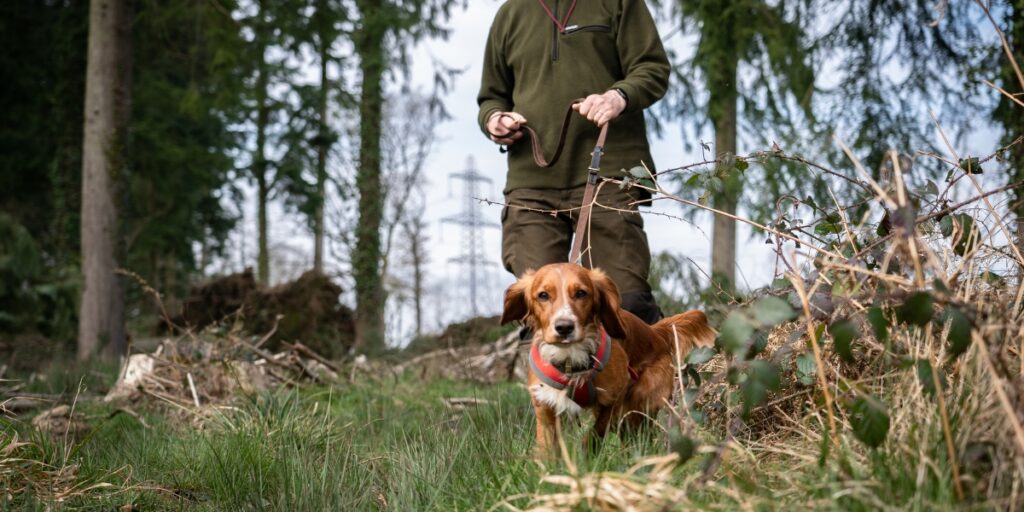
A good example, identified through a recent BASC survey and through DSC2 assessment questions, is that there seems to be a bit of confusion around things like the follow-up of wounded deer (most commonly, how long to wait before beginning the follow-up) and hygienic larder practices.
This makes perfect sense when we think about it. Most people don’t need to follow up wounded deer very often (testament to our high welfare standards in the UK). And, similarly, not many of us will be using a larder, instead keeping what we shoot for our own freezers.
However, having the knowledge to deal with any situation can only be seen as a good thing.
Visit the England and Wales best practice website or Scotland best practice website and have a flick through the guides. There’s no need to plough through them all, but if you need advice on any specific topics, they are a great source of reference.
If you have a particular query, I’d strongly recommend you consult the best practice guides before contacting the BASC deer team, as in most cases we will just quote them back to you
Humane dispatch insurance
Did you know that BASC members, regardless of the full membership level (excluding supporters), are covered under the association’s group liability insurance policy for humanely dispatching animals? Find out more here.


“What sets us apart is that we’re not just spectators” – BASC chairman Eoghan Cameron shares his thoughts on the vital role of shooting’s people in managing the British countryside.
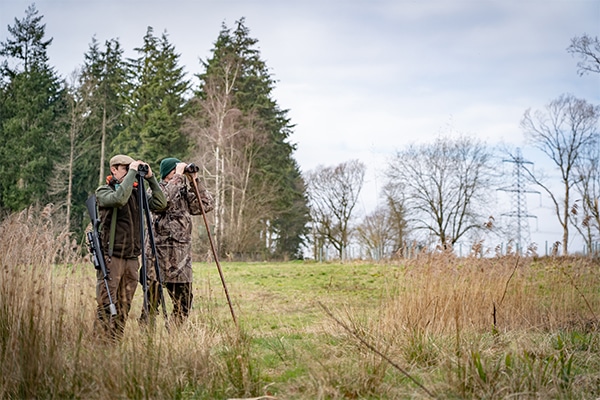
With the deer population on the increase, we will need more skilled deer stalkers, and Martin Edwards explains how a new scheme can help provide essential experience.
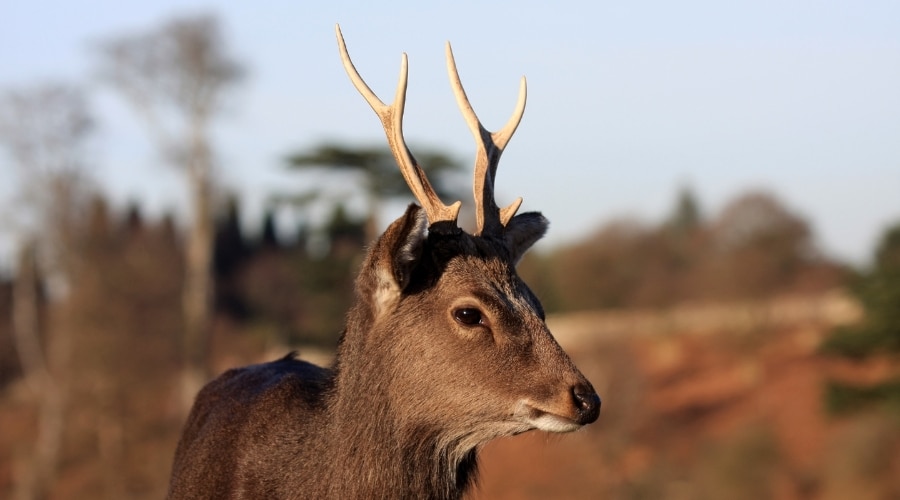
BASC has added to its portfolio of deer stalking opportunities for members with the opening of a new scheme in Lancashire.
Sign up to our weekly newsletter and get all the latest updates straight to your inbox.
© 2025 British Association for Shooting and Conservation. Registered Office: Marford Mill, Rossett, Wrexham, LL12 0HL – Registered Society No: 28488R. BASC is a trading name of the British Association for Shooting and Conservation Limited which is authorised and regulated by the Financial Conduct Authority (FCA) under firm reference number 311937.
BASC Direct Ltd is an Introducer Appointed Representative of Agria Pet Insurance Ltd who administer the insurance and is authorised and regulated by the Financial Conduct Authority, Financial Services Register Number 496160. Agria Pet Insurance is registered and incorporated in England and Wales with registered number 04258783. Registered office: First Floor, Blue Leanie, Walton Street, Aylesbury, Buckinghamshire, HP21 7QW. Agria insurance policies are underwritten by Agria Försäkring.
If you have any questions or complaints about your BASC membership insurance cover, please email us. More information about resolving complaints can be found on the FCA website or on the EU ODR platform.